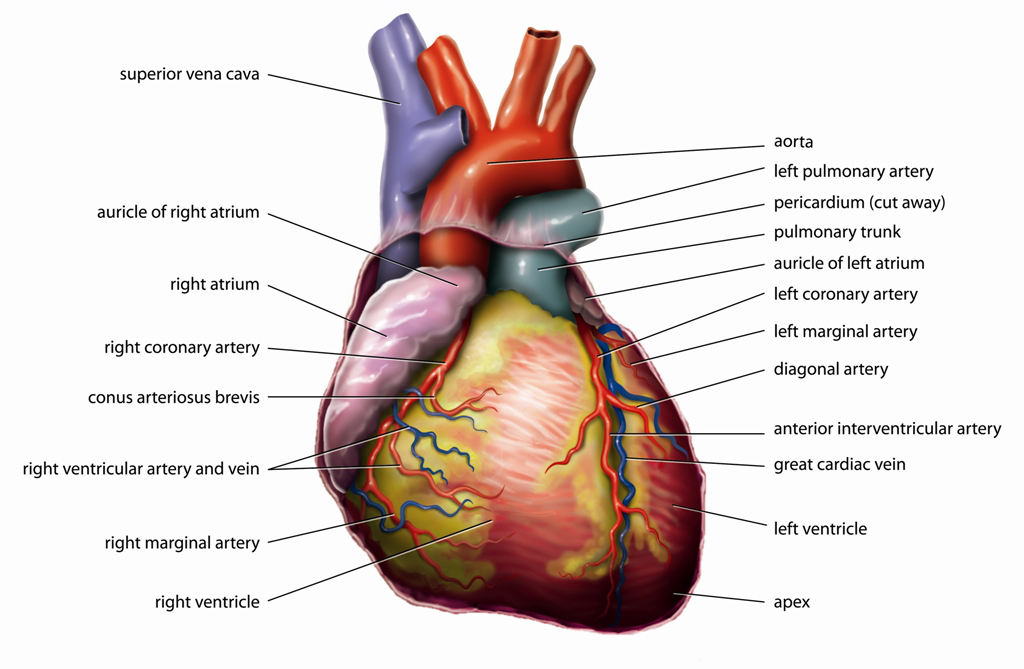Sin is not a popular topic these days, but I think it is a necessary one. The truth is that human beings are often our own biggest problem. We're broken, and we break stuff. Christians classically call this phenomenon 'sin.'
In bringing up sin I don't mean to cause shame and hate and division. I do think those things are evidence of sin - they are symptoms. But I certainly don't want to cause any of those things any more than a doctor wants to make you sneeze when she's telling you that you have a cold.
Moreover, I should clarify that what I mean by sin is actually not the popular image of sin as "missing the mark." The glossa ordinaria is that in Greek the word for sin comes from an archery term that means to miss the mark, but etymologies don't control the meanings of words (for a banal example, just think about driveways and parkways). Generally when Christians talk about sin as missing the mark, there is the vague idea lurking somewhere in the background of what 'the mark' is. Jesus hit it, and we all miss it. But I don't think there is a 'mark' more fundamental than Jesus; there's no timeless moral law that we all fall short of with the exception of Jesus. I don't think this notion takes Jesus seriously enough.
What I mean by sin is more rooted in disordered desire. Humans were created to love. We exist to love God, and to love each other. When that doesn't work right, we call that sin. (Jesus is, among other things, what it looks like when it works right.)
And like many things that have to do with our desire, sin is contagious.
If you are around enough violence, there's a good chance you'll become a more violent person. It is difficult - perhaps impossible - to live in a greedy culture such as ours and not have that rub off on you. If you are consistently in roles and around social groups that valorize pride and arrogance, well, you're probably not going to grow in humility.
I could go on.
Our sin - our wrongly directed desires and our misplaced loves - is contagious. So one might sympathize with the Pharisees:
Jesus sat down to eat at Levi’s house. Many tax collectors and sinners were eating with Jesus and his disciples. Indeed, many of them had become his followers. When some of the legal experts from among the Pharisees saw that he was eating with sinners and tax collectors, they asked his disciples, “Why is he eating with sinners and tax collectors?"
When Jesus heard it, he said to them, “Healthy people don’t need a doctor, but sick people do. I didn’t come to call righteous people, but sinners.” (Mark 2:15–17 CEB)
If sin is contagious, then what Jesus is doing is patently unwise. Sick people do need a doctor. But sin is a serious condition, and as we've observed in the recent Ebola epidemic in West Africa, doctors can actually get sick too. You have to take precautions if you are going to be in close proximity to such severe sicknesses. Really the best course of action is avoidance.
Or is it?
Well, it probably is with Ebola at this point.
But Jesus is vaccinated against sin. Or, better (hopefully without overextending this already quite extended metaphor) Jesus is the vaccine. Sin is deadly, and sin is contagious; the Pharisees are right about that. But grace is yet more lively than sin deadly, and yet even more contagious.
So, with all the risk of doing so, why is Jesus eating with sinners? Because if they're sick, he's a doctor. Or, less metaphorically, because what's broken about them is their love, and Jesus is the Lover par excellence.
A lot of religious people (including more than a few supposed Christians!) are afraid of difference, they're afraid of outsiders, they're afraid of behaviors that they see as questionable. This fear might be perfectly reasonable - unless you're a follower of Jesus. If you're a follower of Jesus, then the question changes, it flips: why aren't you eating with tax collectors and sinners? When you aren't eating with sinners, you aren't eating with Jesus.
Then, of course, the strange good news here is that you're a sinner too, dear reader.


